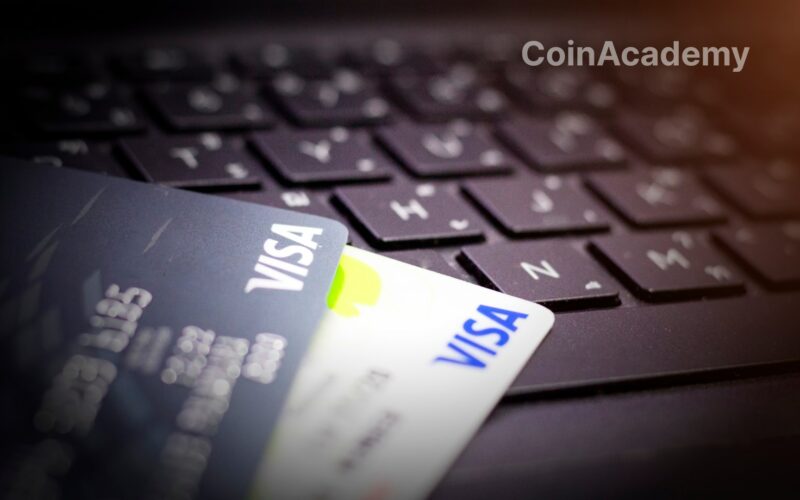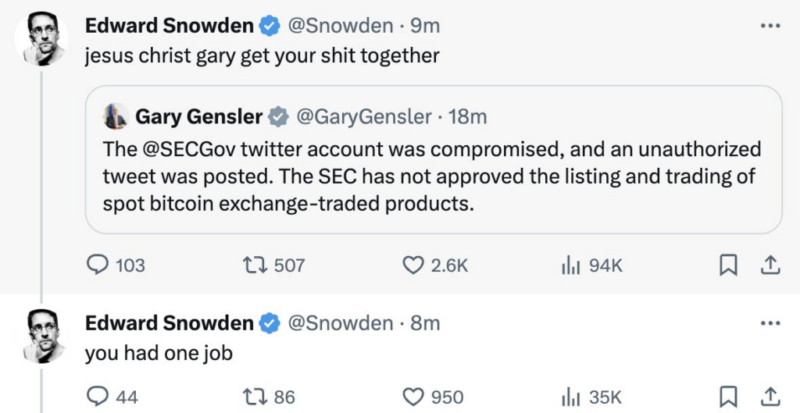In an era defined by digital transformation, Visa is leading the revolution in cross-border financial transactions. Partnering with merchant acquirers Worldpay and Nuvei, Visa is harnessing the potential of the Solana blockchain, a high-performance network known for its speed and low costs. By using stablecoins like USDC, Visa is enhancing the speed of cross-border settlements, facilitating fast and secure fund transfers through its treasury, thus modernizing traditional financial pathways to meet the contemporary requirements of global commerce.
Pioneering with Crypto.com
Embarking on this path of innovation, Visa initially explored the integration of USDC in its treasury operations in 2021. This led to a promising collaboration with Crypto.com, making Visa one of the pioneers in testing stablecoin settlements from the issuance side. The successful pilot project, conducted on the Ethereum blockchain, saw Crypto.com using USDC to fulfill settlement obligations on Visa cards in Australia, significantly reducing the complexity and time involved in international transfers. This initiative is expected to expand to other markets, promising a transformative approach to global transactions.
Expanding Horizons with Worldpay and Nuvei
Visa’s ongoing efforts to advance its treasury operations have seen the inclusion of new settlement options that send funds on-chain to acquirers such as Worldpay and Nuvei. These global acquirers serve a wide range of sectors, including the burgeoning blockchain and cryptocurrency economy. This new venture promises faster settlement times for merchants worldwide, offering an alternative to traditional fiat currencies that is both modern and efficient. This strategic collaboration represents a leap forward in diversifying financing options and improving flexibility in the sphere of global commerce.
Visa Chooses the Solana Blockchain Network
In response to the growing demand for newer and faster blockchain networks, Visa has integrated support for the Solana blockchain, known for its exceptional transaction speed and reduced costs. This makes Visa one of the first major payment entities to directly use Solana for live settlement payments between its customers, opening pathways for more responsive and cost-effective transaction solutions. The integration with Solana signifies not only a commitment to innovation but also positions Visa at the forefront of leveraging technology to redefine the future of payments and financial applications.




